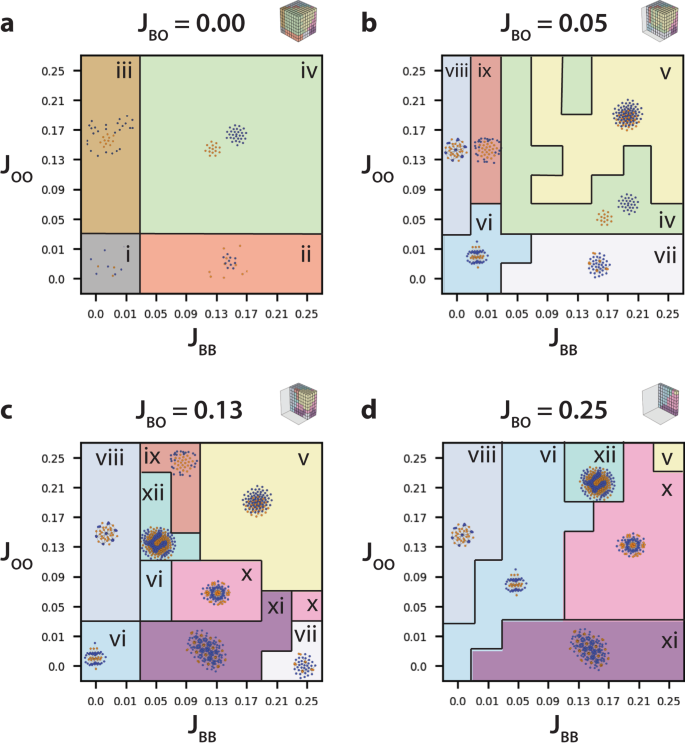2023-09-14 ノースカロライナ州立大学(NCState)
◆研究者は、これを実現するために2つの種類の細菌を使用し、外部の酵素をV.ナトリゲンスバクテリアに発現させる遺伝子組み換えを行いました。この成果は、塩水中でPETを分解する初の遺伝子組み換え生物であり、プラスチック汚染の対策に一歩近づけました。
◆今後の課題として、より安定したプラスチック分解酵素の生成、PETの副産物を食べる能力の向上、そして化学産業向けの有用な原料を生成する能力の向上が挙げられます。
<関連情報>
- https://news.ncsu.edu/2023/09/breaking-down-marine-plastics/
- https://aiche.onlinelibrary.wiley.com/doi/full/10.1002/aic.18228
ポリエチレンテレフタレートマイクロプラスチックの海水条件下での人工ビブリオナトリエゲンスによる分解 Breakdown of polyethylene therepthalate microplastics under saltwater conditions using engineered Vibrio natriegens
Tianyu Li, Stefano Menegatti, Nathan Crook
AIChE Journal Published: 14 September 2023
DOI:https://doi.org/10.1002/aic.18228

Abstract
Poly(ethylene terephthalate) (PET) is a highly recyclable plastic that has been extensively used and manufactured. Like other plastics, PET resists natural degradation, thus accumulating in the environment. Several recycling strategies have been applied to PET, but these tend to result in downcycled products that eventually end up in landfills. This accumulation of landfilled PET waste contributes to the formation of microplastics, which pose a serious threat to marine life and ecosystems, and potentially to human health. To address this issue, our project leveraged synthetic biology to develop a whole-cell biocatalyst capable of depolymerizing PET in seawater environments by using the fast-growing, nonpathogenic, moderate halophile Vibrio natriegens. By leveraging a two-enzyme system—comprising a chimera of IsPETase and IsMHETase from Ideonella sakaiensis—displayed on V. natriegens, we constructed whole-cell catalysts that depolymerize PET and convert it into its monomers in salt-containing media and at a temperature of 30°C.


